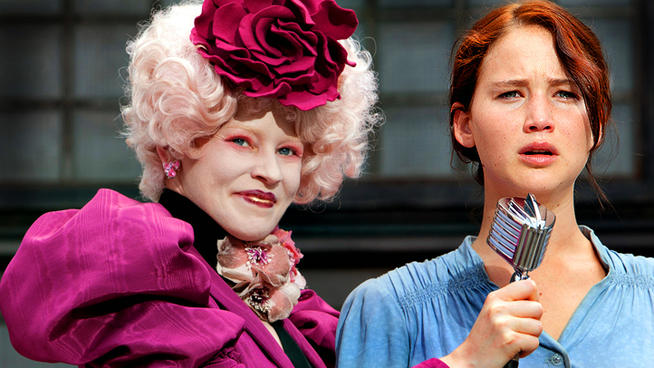I understand the value of marginalia, but I hate you very much if you write in books. It may be a moot point as paper morphs into pixels, and the printed books that remain will be too costly to deface. But the act of reader comments hasn’t ended in the e-book age, just morphed. Amazon keeps track of the most-highlighted Kindle phrases. The act of discovering an individual’s scratchings in used books has become a set of collective data.
The opening of Noreen Malone’s New Republic article which sifts through our favorite passages to find meaning:
“One of the great small pleasures of used books is the occasional marginalia of a previous owner. You learn a tiny bit about that anonymous soul by seeing the passages she underlined, or tidily double-underlined, or exclamation-pointed, or starred madly and messily. You begin to worry about the girl who found so much to mark in To The Lighthouse, or fall in love, a little bit, with the person who found all the funniest parts of Catch 22. (It is another type of intimacy entirely to borrow a book from someone you know, and to discover what he found worth picking up a pen for.)
This experience would seem to be lost as reading becomes ever more digital—ebook sales rose more than 44 percent last year—but that’s not entirely the case. Amazon keeps track of which passages Kindle readers highlight most, which means the company can offer a new version of the old serendipitous experience. Only this one is data-driven: The company also keeps a running list of the most highlighted Kindle passages of all time. Instead of a cozy tete-a-tete with the idiosyncratic mind of a stranger, you get the reading equivalent of a giant rave, a warehouse pulsing with usually private emotions turned into shared public expressions. It’s a glimpse into our collective, most interior, and most embarrassing preoccupations.
The most immediately noticeable thing about the list is how Hunger Games-heavy it is. Nineteen of the top 25 most-highlighted passages are written by Suzanne Collins, who is not exactly known for a glittering prose style. That breakdown would suggest that Americans are mostly obsessed with teenagers and dystopias, which, while not entirely untrue, is also useful reminder that this is a numbers game. Bestsellers will naturally have the greatest number of underlines, and there are certain kinds of bestsellers that are more likely to be read digitally. These include books aimed at teenagers that a massive number of adults have embraced (potentially embarrassing), books in the public domain (free), and self-help books (potentially embarrassing). Taken together, they suggest that your average Kindle reader is a creature caught in permanent adolescence, but yearning to improve. Oh, and he’s cheap.”
Tags: Noreen Malone

